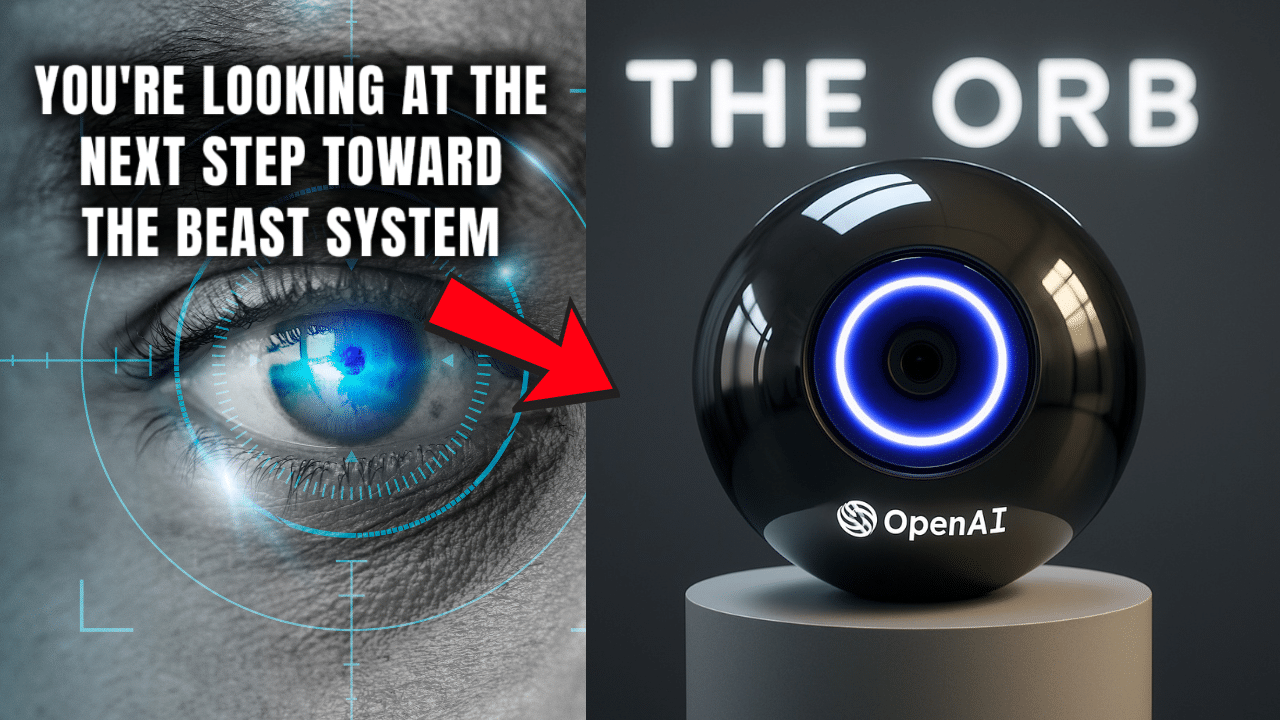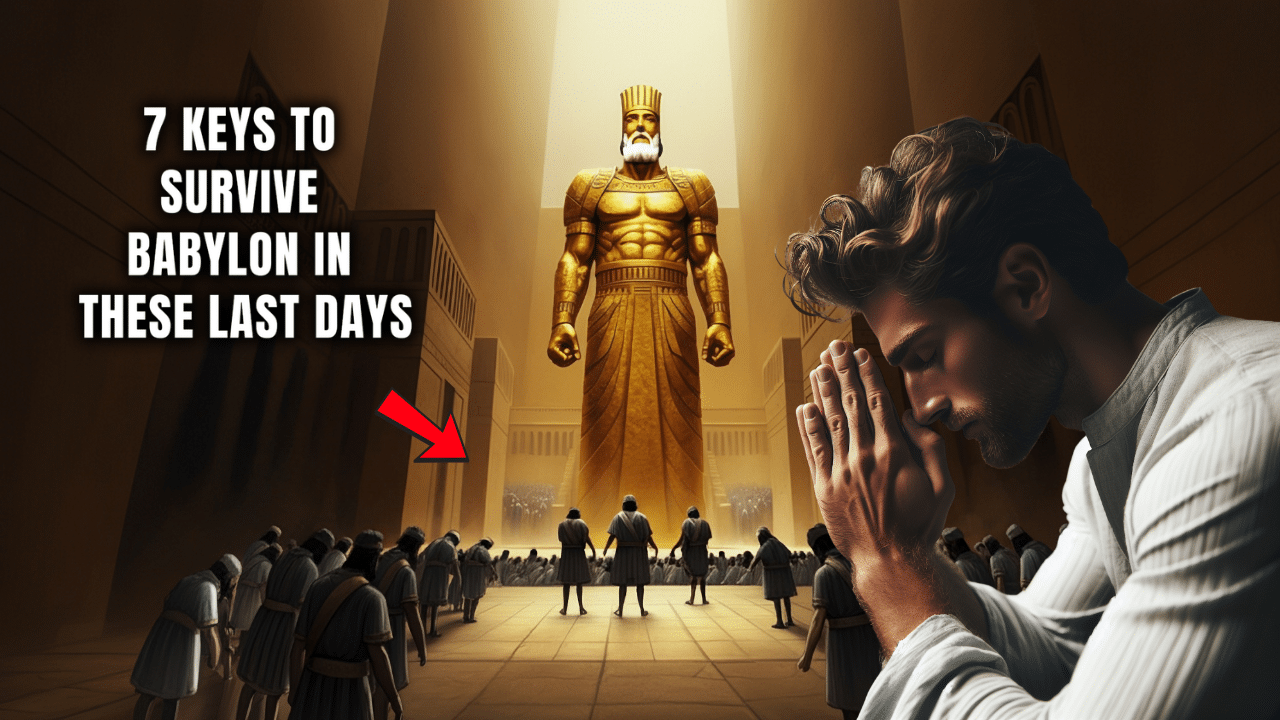Elon Musk’s brain-computer interface company, Neuralink, is making headlines again—this time for a potentially life-changing breakthrough for individuals living with debilitating conditions like ALS (Amyotrophic Lateral Sclerosis).
According to Newseek, the tech billionaire revealed that the company’s first human trial participant, who had a Neuralink chip implanted earlier this year, has successfully used the device to control a computer with his mind.
The patient, identified as 29-year-old Noland Arbaugh, was left paralyzed from the shoulders down after a diving accident.
Since receiving the Neuralink implant in January, Arbaugh has reportedly been able to play video games, surf the web, and move a cursor on a screen—using only his thoughts.
In a live-streamed demonstration posted on Musk’s X (formerly Twitter) platform, Arbaugh described the experience as “life-changing” and credited Neuralink with restoring a level of independence that once seemed impossible.
“The surgery was super easy,” he said. “I literally was released from the hospital a day later. I have no cognitive impairments.”
For individuals with neurodegenerative diseases such as ALS, this progress offers more than just inspiration—it raises genuine hope for new tools to communicate and interact with the world.
ALS gradually robs individuals of voluntary muscle control, eventually leaving many unable to speak or move. Assistive technologies that bypass damaged neural pathways could dramatically improve quality of life.
Neuralink’s technology involves implanting a small chip in the skull that connects to the brain via ultra-thin threads.
These threads monitor neuron activity and transmit signals wirelessly to a computer, translating thought into action.
Musk has long promoted the vision of merging humans with artificial intelligence, and while critics have raised ethical and safety concerns, the company’s recent success marks a concrete step toward making advanced brain-computer interfaces a practical reality.
Dr. Nicholas Schiff, a professor of neuroscience at Weill Cornell Medicine, commented cautiously on the announcement.
“It’s a remarkable demonstration,” he said. “But we need to see long-term data and wider clinical trials to fully understand the risks and benefits.”
Musk has stated that Neuralink’s ultimate goal is to create a symbiotic relationship between the human brain and AI—initially to help people with paralysis or neurological conditions, and eventually to enhance cognitive abilities for the broader population.
While the technology remains in early stages and is currently undergoing limited human testing under FDA oversight, its implications are profound.
For now, individuals with ALS and similar conditions are watching closely, hopeful that a future once confined to science fiction is now within reach.
As Neuralink expands its trials and continues to gather clinical data, questions about accessibility, long-term safety, and ethical oversight will remain critical. But the potential to transform lives—especially for those trapped in silence—has never felt closer.










